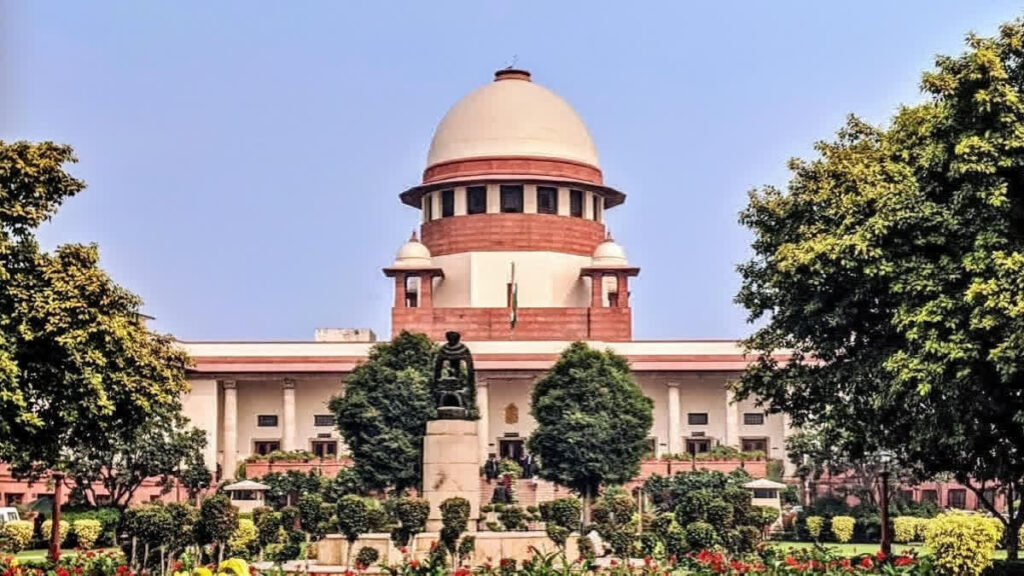Jahanvi Agarwal
On April 22, 2024, the Supreme Court of India deliberated on a crucial issue regarding the enrolment fees of Advocates levied by various State Bar Councils. In a hearing presided over by Chief Justice of India DY Chandrachud and Justice JB Pardiwala, the Court took a significant step by reserving its judgment on petitions that challenge these fees. The petitions highlighted the disparities in enrolment charges across different states, with fees ranging from Rs. 600 in some regions to as high as Rs. 41,000 in others, such as Odisha. The question centered on whether State Bar Councils possess the authority to impose fees exceeding the statutory limit prescribed in the Advocates Act.
Chief Justice Chandrachud emphasized during the proceedings that the maximum enrolment fee a State Bar Council can charge is stipulated by Section 24(1)(f) of the Advocates Act, 1961, which caps the fee at Rs. 600. He pointedly remarked, “The statute has made it clear that nothing can be charged more than Rs. 600.” This statement underscores the legal boundary set for these fees, and the Chief Justice further clarified that any modification to this cap would require legislative action by Parliament, adding, “If you want to increase the enrolment fee, then it is for Parliament to increase the enrolment fee.”
The session saw appearances from Senior Advocates Manan Kumar Mishra and S. Prabhakaran, representing the Bar Council of India as Chairman and Vice Chairman, respectively. Senior Advocate Raghent Basant represented the petitioners.
In summarizing the court’s stance, CJI Chandrachud reiterated the crucial point about statutory limitations, stating, “It is for parliament to increase the enrolment fee. It is a valid point you raised on the various expenses to run the state bar councils…but, the statute is very clear that for enrolment you cannot charge more than Rs. 600.”
This case highlights a significant governance issue within the legal profession concerning the regulation of fees that directly impact the accessibility of the legal profession to new entrants. The judgment reserved by the Supreme Court will thus be pivotal in ensuring uniformity and fairness in the financial obligations imposed on aspiring lawyers across different states.

